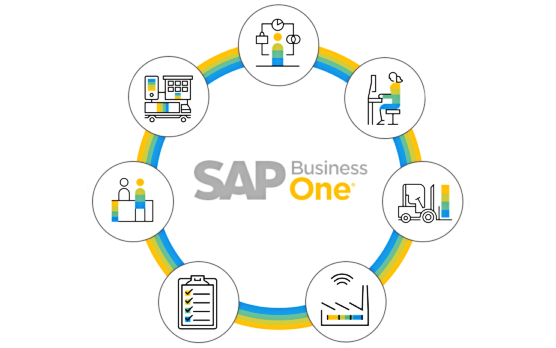SAP Business One In-Depth Review: Sales and Accounts Receivable Documents

In the following article, we describe one of the SAP Business One cornerstones: sales documents and the related accounts receivable. Below, you will find the overview of the SAP B1 sales A/R process. We describe it from the very beginning and proceed to such aspects as building documents in SAP B1 from each other. Besides, we shed light upon processing document groups and the inventory and accounting impact. You will also find a sales checklist at the end of the chapter. Continue Reading




 Short summary of the problem – if you have Magento catalog price rules with multiple select attributes in conditions or ONE OF price rules conditions with comma separated values – on latest Magento versions – you can have Array to string conversion error during you apply rules or incorrect rules behavior.
Short summary of the problem – if you have Magento catalog price rules with multiple select attributes in conditions or ONE OF price rules conditions with comma separated values – on latest Magento versions – you can have Array to string conversion error during you apply rules or incorrect rules behavior.


